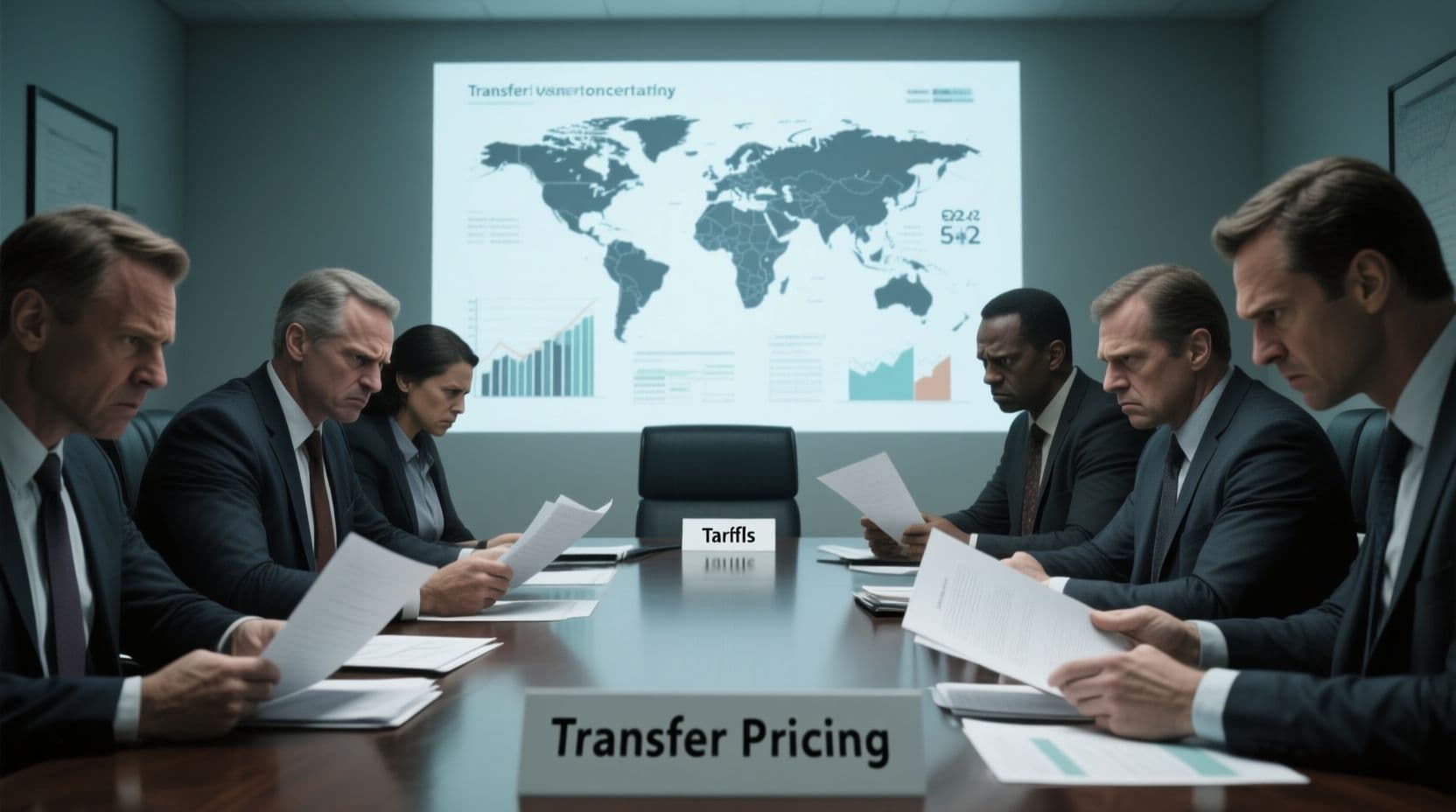The Big Picture
Just when multinationals thought they had their transfer pricing strategies figured out, 2025's wave of new tariffs is forcing a complete rethink. From Colombia's enhanced anti-avoidance rules to Italy's cooperative compliance frameworks, tax authorities worldwide are tightening the screws while businesses scramble to adapt their cross-border pricing models.
The Tariff Tsunami Hits Transfer Pricing
The most immediate disruption comes from America's aggressive tariff stance. In April 2025, the US rolled out sweeping tariffs targeting Chinese, Canadian, Brazilian, and Mexican exports across everything from electric vehicles to agricultural products, HLB Thailand reports.
For multinational groups that previously relied on Chinese-based production and US-based distribution, these tariffs have created chaos in their carefully calibrated transfer pricing arrangements. Companies are being forced to reconsider their tested party selection, benchmarking approaches, and documentation strategies as traditional profit margins get squeezed by border costs.
The compliance headache is real. As Bloomberg Law points out, companies using the typical "lookback test" approach are finding their provisional transfer prices thrown off by unexpected tariff impacts. Any post-year-end adjustments create book-tax differences that must be reported on Schedule M, adding administrative burden.
Around the Tax World
• Colombia tightens the anti-avoidance screws... The country's general anti-avoidance rule is getting sharper teeth, allowing tax authorities to recharacterize transactions that lack genuine economic purpose and are primarily designed for tax benefits. KPMG Colombia notes this builds on frameworks introduced in Law 1607 of 2012, giving authorities broad powers to look beyond formal structures.
• Italy offers a middle path with new tax controls... Medium-sized taxpayers can now access penalty relief through an optional tax control framework without joining the full cooperative compliance scheme. The new regime requires companies to develop internal processes for identifying and managing tax risks, Valente Associati explains.
• Digital services taxation resurfaces globally... After a brief lull, concerns about taxing digital services are heating up again as countries grapple with how to capture value from increasingly digitized economies, according to EY Malaysia.
• Canada eyes Ireland's corporate tax playbook... With Prime Minister Mark Carney's pledge to review corporate taxation, Canada is looking at Ireland's journey from a 36% to 12.5% corporate tax rate as a potential model for driving competitiveness (Canadian Accountant).
By the Numbers
Prime Number: Canada's combined corporate tax rate of 26.1% now exceeds both the US average (25.6%) and OECD average (23.9%), highlighting how other nations haven't stood still while Canada maintained its rates.
Why This All Matters
The convergence of rising tariffs and evolving tax rules is creating a perfect storm for multinational compliance teams. Companies that built their transfer pricing models around stable trade relationships are finding those foundations shaken. Thailand's manufacturing sector is feeling particular pressure as supply chains shift and tested party selection becomes more complex.
Meanwhile, tax authorities aren't sitting idle. Colombia's enhanced anti-avoidance capabilities and Italy's structured approach to tax governance signal a global trend toward more sophisticated oversight of cross-border transactions.
Looking Ahead
All eyes are now on how companies adapt their transfer pricing strategies to this new reality. The traditional year-end true-up approach may need to give way to more frequent adjustments as tariff impacts become clearer. Canada's upcoming budget could provide clues about whether other countries will follow Ireland's low-rate strategy or double down on complex compliance frameworks.
The message is clear: the days of set-and-forget transfer pricing are over. In this environment, agility and real-time compliance monitoring aren't just best practices,they're survival skills.
Prepared by MyTax - mytax.com.ng
